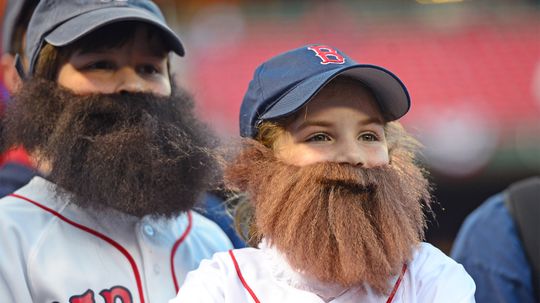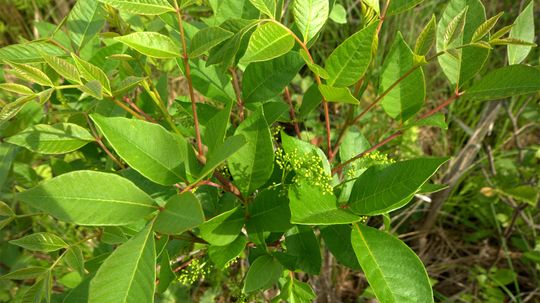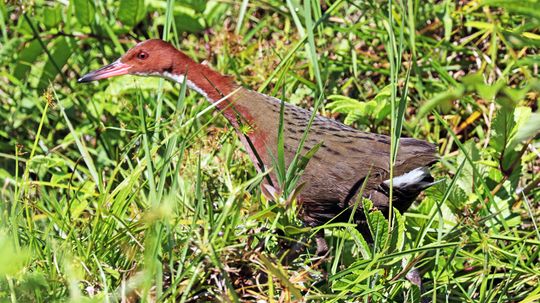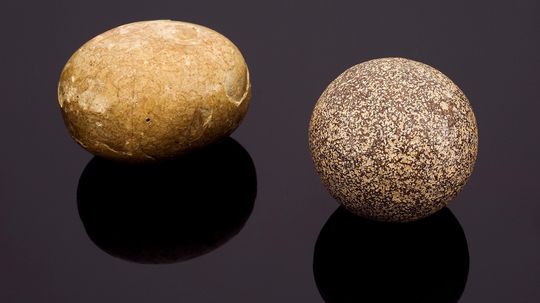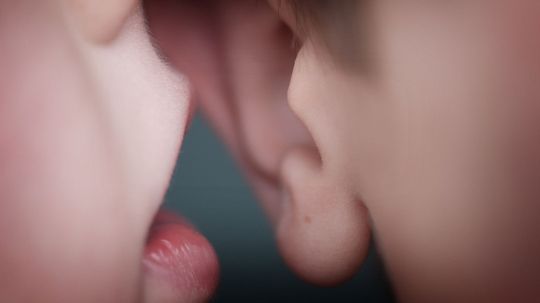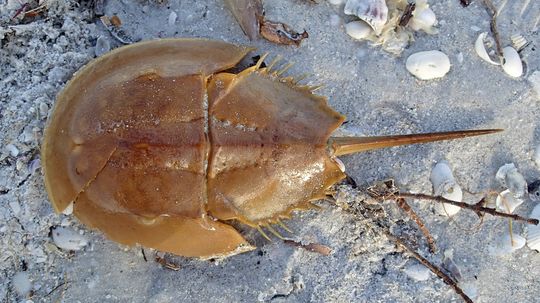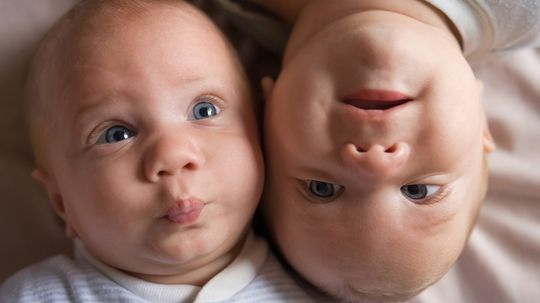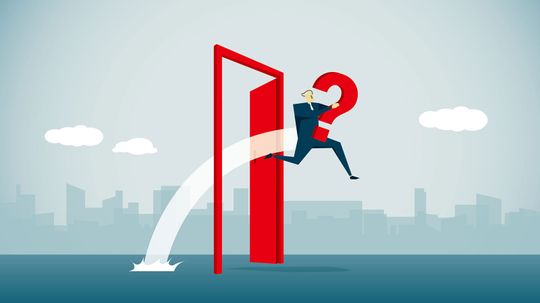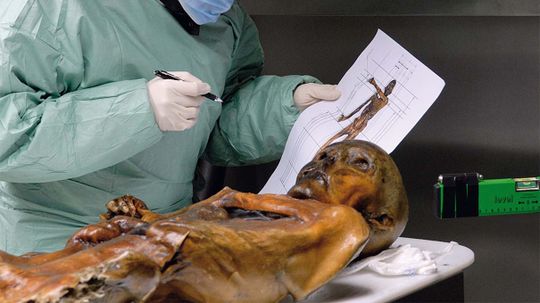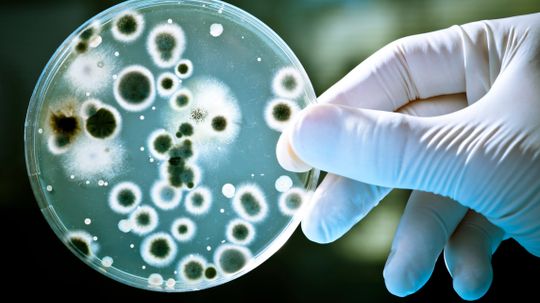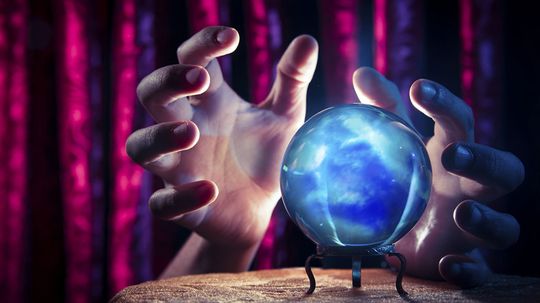Life Science
From the smallest microbe to the largest mammal, Life Science explores the origins, evolution and expansion of life in all its forms. Explore a wide range of topics from biology to genetics and evolution.
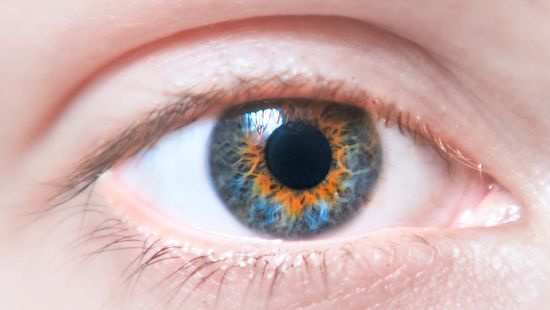
Central Heterochromia: When to Worry About Eye Color
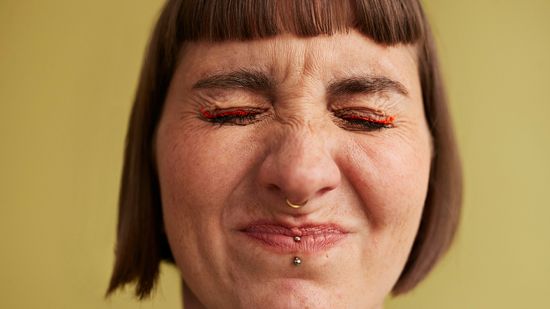
10 Types of Noses to Spot in a Crowd
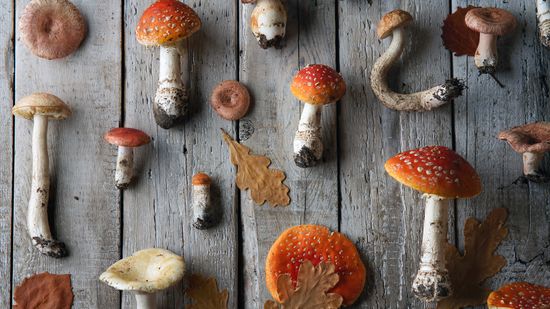
3 Major Types of Mushrooms: Edible, Wild and Poisonous

3 Types of Trees You'll Find All Over the Planet

A Corpse Flower Can Grow Over 12 Feet (3.7 Meters) Tall
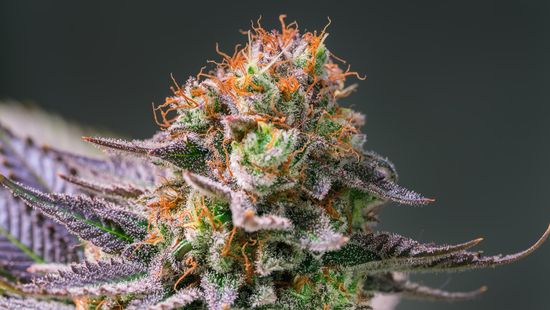
Indica vs. Sativa: How to Distinguish Between Cannabis Plants
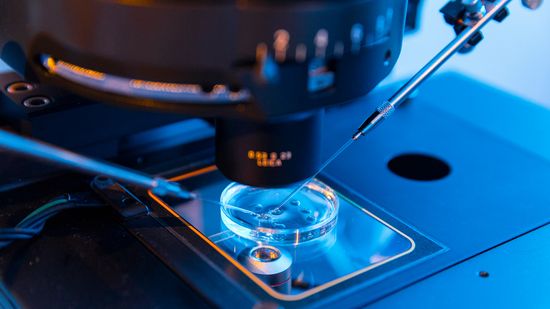
In Vivo vs. In Vitro Trials (and Why Combining Both Is Best)

Hypertonic vs. Hypotonic Solutions: Differences and Uses

Your Phone Is a Germ Factory, So Stop Taking It to the Toilet
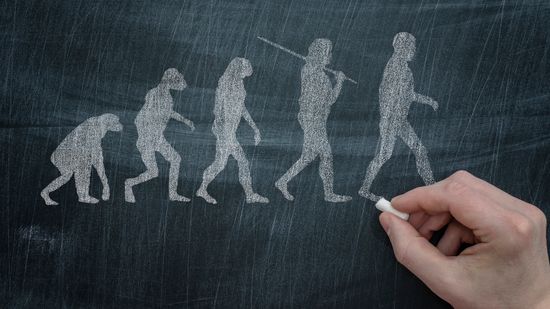
Neanderthal vs. Homo Sapien: Separate Species With Different Fates

Howstuffworks Interviews: Extinction Level Events with Annalee Newitz

What will the Earth look like in 50,000 years?
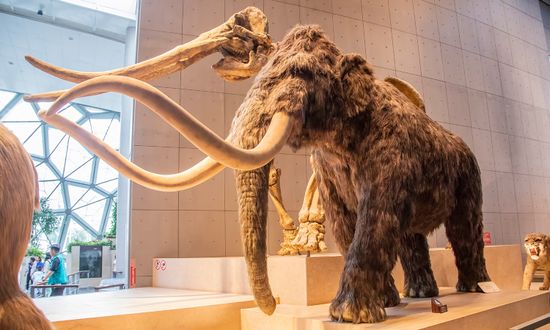
Is a Woolly Mammoth Clone Even Possible?

The Most Common Hair Color Isn't Blonde

What Is the Most Common Eye Color? Over 70% of People Have It
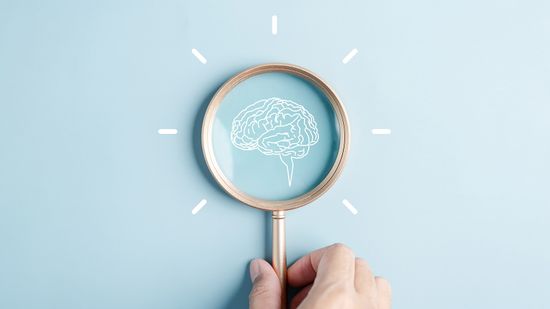
9 Types of Intelligence: The Many Ways to Expand Your Mind
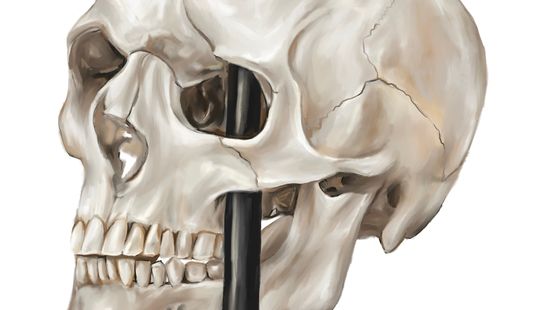
Phineas Gage and the Birth of Modern Neuroscience

Call of the Void: A Counterintuitive Form of Self-preservation
Learn More / Page 16
While researchers can't say from this small study whether hairy men are inherently germier than the rest of the human race, the results are startling.
Poison sumac is even more toxic than its cousins, poison ivy and poison oak, in its ability to cause allergic reactions and respiratory problems.
By Alia Hoyt
Maybe. A study that wasn't even about kissing turned out to (sort of) give the answer.
Advertisement
The flightless Aldabra rail lives exclusively on the Aldabra Atoll in Madagascar. But it appears to have descended from birds that soar.
By Mark Mancini
A massive white oak in the hometown of the University of Georgia has many wondering whether a tree can even have legal rights - and about the future of the environmental and animal rights movements.
By Jamie Allen
A new year is always a good time to set new goals. We've come up with five healthy changes that have been scientifically shown to improve your well-being.
By Dave Roos
Bezoars are concretions found in the stomachs of animals that were once believed to cure poisoning and plague.
By Loraine Fick
Advertisement
Scientists started an experiment back in 2014 that will run for 500 years. The first results were recently published. So, what have they found so far?
ASMR has become a pop phenomenon and scientists are trying to figure out why some people love those tingling-inducing videos and others can't stand them.
For years, speculation has surrounded the government's high security animal disease research center, which is slated to close in 2023.
Ever had a "woulda, shoulda, coulda" feeling about something? It's called regret. What really triggers this emotion - and can we trust it?
By Dave Roos
Advertisement
Horseshoe crabs have blue blood that can detect toxins, a rare ability that's threatening their survival.
By Loraine Fick
It's not just your imagination - people feel freer to bail out on others at the last minute than they used to. But why?
Scientists have found that ancient fossilized chlorophyll was dark red and purple in its concentrated form, which means that when diluted by water or soil, it would have lent a pink cast to earth and sea.
Is your first memory of lying in a crib? You may want to revisit that. A new large study found that nearly 40 percent of participants had a first memory that was improbably early.
By Alia Hoyt
Advertisement
What happens when twins are reunited decades later? And how in the world can you explain separated twins giving their firstborn son or their family dog the same exact name?
By John Donovan
Roller coaster junkies rejoice: Riding these coasters could be a safe way to deal with your addiction to endorphins.
By Alia Hoyt
A strange, but surprisingly accurate, ancient Egyptian pregnancy test survived for millennia and was spread around Africa and Europe because it was just that effective.
The noises that others make - be it walking, chewing or breathing heavily - are very noticeable to us. Yet we seldom hear it in ourselves. Why is that?
By Alia Hoyt
Advertisement
A new study shows that IQ levels have been falling since 1975, reversing a 20th-century trend.
Ever walked from your kitchen to the living room to find your phone and then forgotten what you were looking for once you got there? Researchers think your brain is hard-wired to undergo precisely that process of forgetting.
Researchers say that Otzi, the ancient man found in the Alps in 1991, lived on a diet loaded with fat to maintain warmth and energy in his cold, high-altitude environment.
Bacteria are both friend and foe to humanity. They cause and cure health problems, make rotting food stink and give sourdough its delicious taste. Find out how these countless tiny microbes accomplish all of this and more.
Advertisement
Have you ever met someone with a unique first name, and then all of a sudden you hear the name everywhere you turn? That's the Baader-Meinhof phenomenon at work. How did it get that handle?
Are you a person who likes to be social but also values some alone time? You are? How did we guess without knowing you? Welcome to the Barnum effect.
